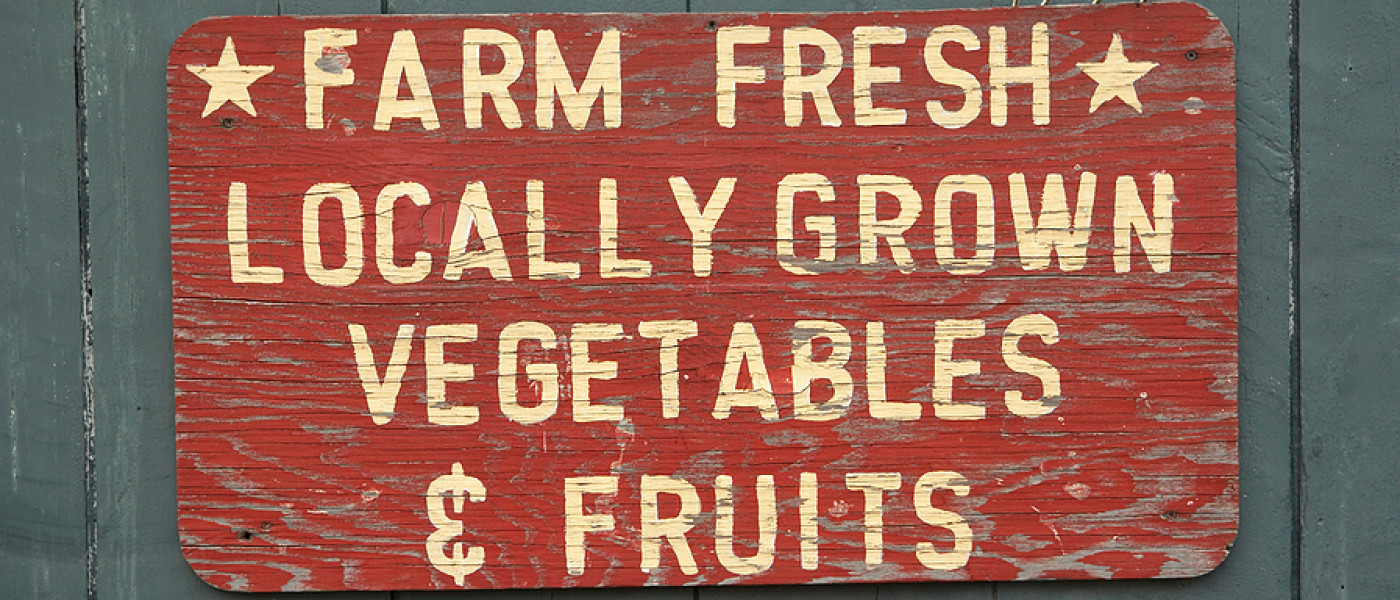For the past few months, there’s been a meat-shaped hole in my first-Tuesday-of-the-month afternoons. The Vermont farm where I was enrolled in a meat CSA for more than five years decided to shut down their CSA program. At the time, I wrote about it on our blog:
The news came as a shock last month. I was struck by the honesty and openness of the email the farmers sent to all of us members. The family was closing up their meat business (where they raised cows, pigs, chickens, lambs, and goats) to focus exclusively on their dairy business. It had apparently been a real struggle for them to succeed financially — the farm was located in a rural area of Vermont known as the “Northeast Kingdom,” so their CSA program involved driving a few hours down to Massachusetts where there were more people like me anxious to buy meat raised on family farms. After a local slaughterhouse closed, and to try and cover the cost of driving the meat to customers, they raised their rates. Apparently some customers left, and it still didn’t bring in enough money.
It wasn’t just money that caused things to end, though. As their children grew up, with their fourth child heading to college this fall, they said, “it seems that we can never do anything as a family because we are always working. We feel like we are missing out on their childhoods.” After getting updates from the farm and emailing back and forth with them over the years, I feel a connection with the family. I hope focusing on dairy brings the family happiness, although I’m sure if will still be filled with hard work. The feeling of connection goes both ways, as their email also said, “We will miss the many members that have become like family to us. The emails and contact we have had has indeed changed our perception of ‘Flatlanders'” (as some residents of The Kingdom refer to outsiders).

No more tearing into paper bags to see what this month’s delivery had brought.
Outside of that connection to Vermont (a state I’ve always loved), the farm family, and the meat they provided, one thing that I really liked about having the CSA was that it just made shopping easier. At the grocery store, I didn’t have to think about where this meat came from, what made this brand’s pork more expensive than that brand’s, or even just the task of lugging whatever I bought home with me. I knew where all the meat in my freezer came from and how it was raised.
Now, I’m back to trying to decipher whether the beef marked “natural” on its package is grassfed, organic, or neither. (The issue of labels on food being helpful or not and helping to decode what many of them mean is an issue I’ve covered here previously.) Or am I?
I feel lucky to still have some great options available to me. There are a few shops around that sell local meat (like this butcher shop I wrote about a while back) and it seems like all the farmers markets I visit now have at least one or two vendors with freezers full of meat available in addition to the beautiful berries, tomatoes, and other vegetables I’m accustomed to buying. In fact, over the past few years, even though I had a meat CSA, I’ve ended up buying hot dogs and a few other meat goodies that I couldn’t get through my CSA at farmers markets. Some of those farms also offer meat CSAs, so I might just end up with that monthly delivery after all.
I’m also lucky that I work here at Farm Aid. When a new shop opens up with local foods, or someone finds out about a new source of family farmer food, word quickly spreads around the office. We’ve taken that enthusiasm and created a few pages of resources to help you wherever you are.
Tools for Finding Food from Family Farmers
- The Find Good Food page links you to resources and ideas for getting family farmer food.
- HOMEGROWN.org, Farm Aid’s project for celebrating the culture of agriculture, has a beautiful, incredibly useful, and comprehensive new page to find good food with tools to connect with family farmers on a state-by-state basis.
- If it’s cold out (well, you’ll have to wait a little while to use this!), but you’re still seeking family farm food, check out our ever-growing list of winter farmers markets all over the country.
One benefit of using these tools is that even though I may already know of some options to find good food in my area, I can visit these pages whenever I’m on the road or visiting a new place. If you love and care about what you eat, I think you can never have too many connections when it comes to finding good food locally.


